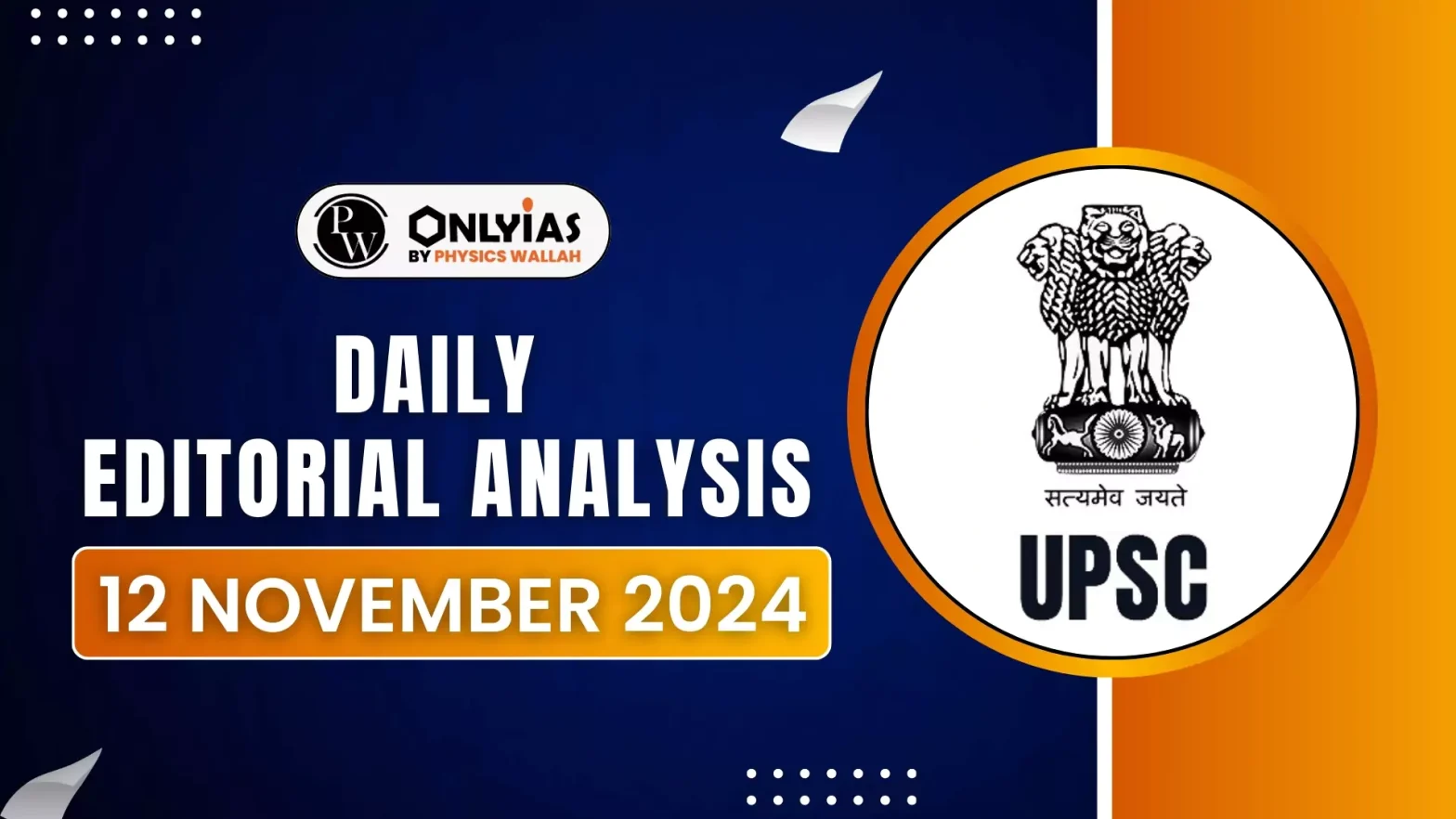The recent Supreme Court judgement in Sukanya Shantha v. Union of India (2024) addressed caste-based discrimination in Indian prisons.
Supreme Court Bans Caste-Based Labor Segregation in Prisons
- The apex court ruled against caste-based labour segregation within prisons, which involved assigning cleaning and sweeping duties primarily to marginalised castes based on social stereotypes
- This ruling upheld that such practices violate the fundamental rights of prisoners under Articles 14 and 15 of the Constitution, setting a new standard for non-discrimination within prison systems.
Enroll now for UPSC Online Course
Previous Judgments Supporting Equality in Prison Treatment
- Prem Shankar Shukla v. Delhi Administration (1980): The Supreme Court struck down the Punjab Police Rules that classified under-trial prisoners as “better class” or “ordinary,” allowing only the “better class” to be exempt from handcuffs.
- The Court deemed this distinction irrational and unconstitutional, emphasising that a prisoner’s economic or social status does not correlate with their danger level or behaviour.
- Inacio Manuel Miranda v. State (1988): The Bombay High Court addressed discriminatory practices under the Goa, Daman, and Diu Prisoners Rules, which allowed “Class-I prisoners” to write four letters per month, while “Class-II prisoners” could only write two.
- This restriction was ruled unreasonable and a violation of prisoners’ freedom of expression, reinforcing the right to equal treatment.
- Madhukar Bhagwan Jambhale v. State of Maharashtra (1984): In this case, the Bombay High Court invalidated a Maharashtra Prison Rule that prohibited prisoners from writing letters to other prisoners, deeming it discriminatory and lacking a logical basis.
- Gaur Narayan Chakraborty and Others (2012): The Calcutta High Court ruled that Maoists charged under the Unlawful Activities (Prevention) Act for waging war against the state should be recognized as political prisoners.
- The Court emphasised that all prisoners, regardless of political affiliation, are entitled to basic amenities like bedding, cooking facilities, and the right to receive books and letters, as these are fundamental needs, not privileges.
Way Forward
- Amendments to the Model Prison Manual 2016: Despite the Supreme Court’s ruling against caste-based discrimination, other forms of discrimination persist in prisons.
- To ensure fairness, amendments to the Model Prison Manual 2016 are needed to guarantee equal treatment for all prisoners, regardless of background.
Ensuring a Minimum Dignified Life: Reforms should ensure prisoners’ basic human rights, including adequate food, sanitation, healthcare, and communication with family. Ensuring dignity will support rehabilitation and reduce further injustices.
Check Out UPSC Modules From PW Store
Conclusion
The recent Supreme Court ruling against caste-based discrimination emphasises a crucial shift toward a humane and non-discriminatory approach within Indian prisons. By amending prison policies and standards, India can uphold prisoners’ dignity and ensure a prison environment that supports reformation, reintegration, and the fundamental rights enshrined in the Constitution.
![]() 12 Nov 2024
12 Nov 2024
